In 2020, BiUno GmbH moved to Gießen-Lützellinden. Why did you ultimately choose this location?
The lack of space at the old location was the main reason behind our decision. The new building in Lützellinden provides the ideal conditions for us to fulfil our function as a wholesaler and logistics provider as efficiently as possible. In concrete terms, we supply three customer groups – specialised traders, delivery service companies and catering companies – which are mainly located in the extended Rhine-Main area. At the same time, we are part of the Bio Development Group, whose subsidiaries are active in Germany, Italy and Switzerland, and thus also operate as a supra-regional logistics provider. To accommodate our growth, it was necessary to move to a more efficient, spacious logistics area.
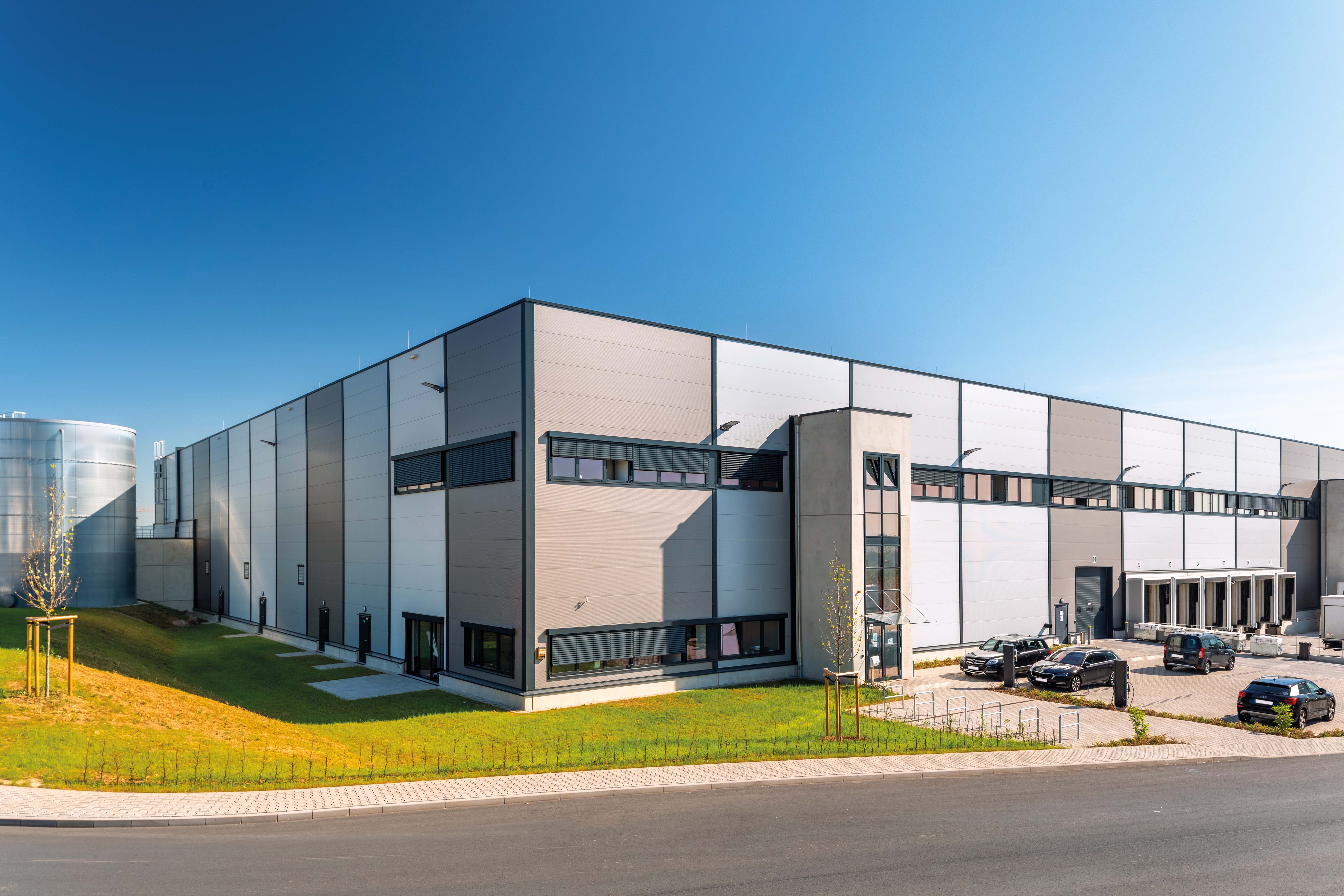
BiUno’s new facility at VGP Park Gießen-Lützellinden (Germany)
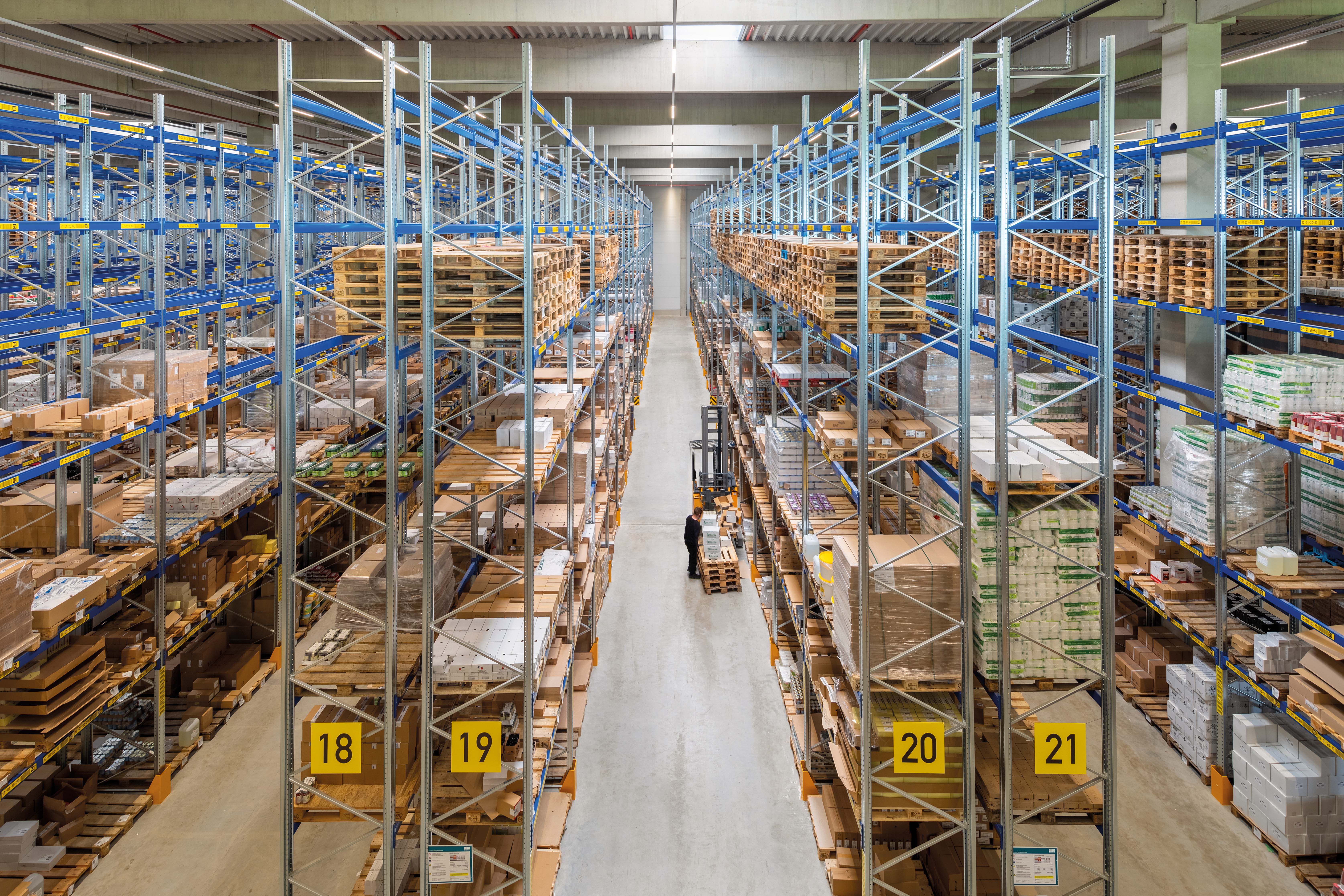
Warehouse at VGP Park Gießen-Lützellinden (Germany)
This is your first co-operation with VGP. How did this collaboration come about?
Our first contact with VGP was made in 2019 via an estate agent, who initiated the subsequent bilateral talks. VGP was able to provide us with suitable space within a very short time, which was extremely important to us. In this regard, I must say that the entire co-operation with VGP was characterised by extraordinary professionalism and efficiency. After the contract was signed in December 2019, the ground-breaking ceremony took place in February 2020. We were able to move in on schedule as early as November 2020. Due to the good co-operation and the ideal size and location of the park directly on the motorway, moving to Lützellinden was absolutely the right decision for us.
The new building in Lützellinden provides the ideal conditions for us to fulfil our function as a wholesaler and logistics provider as efficiently as possible.
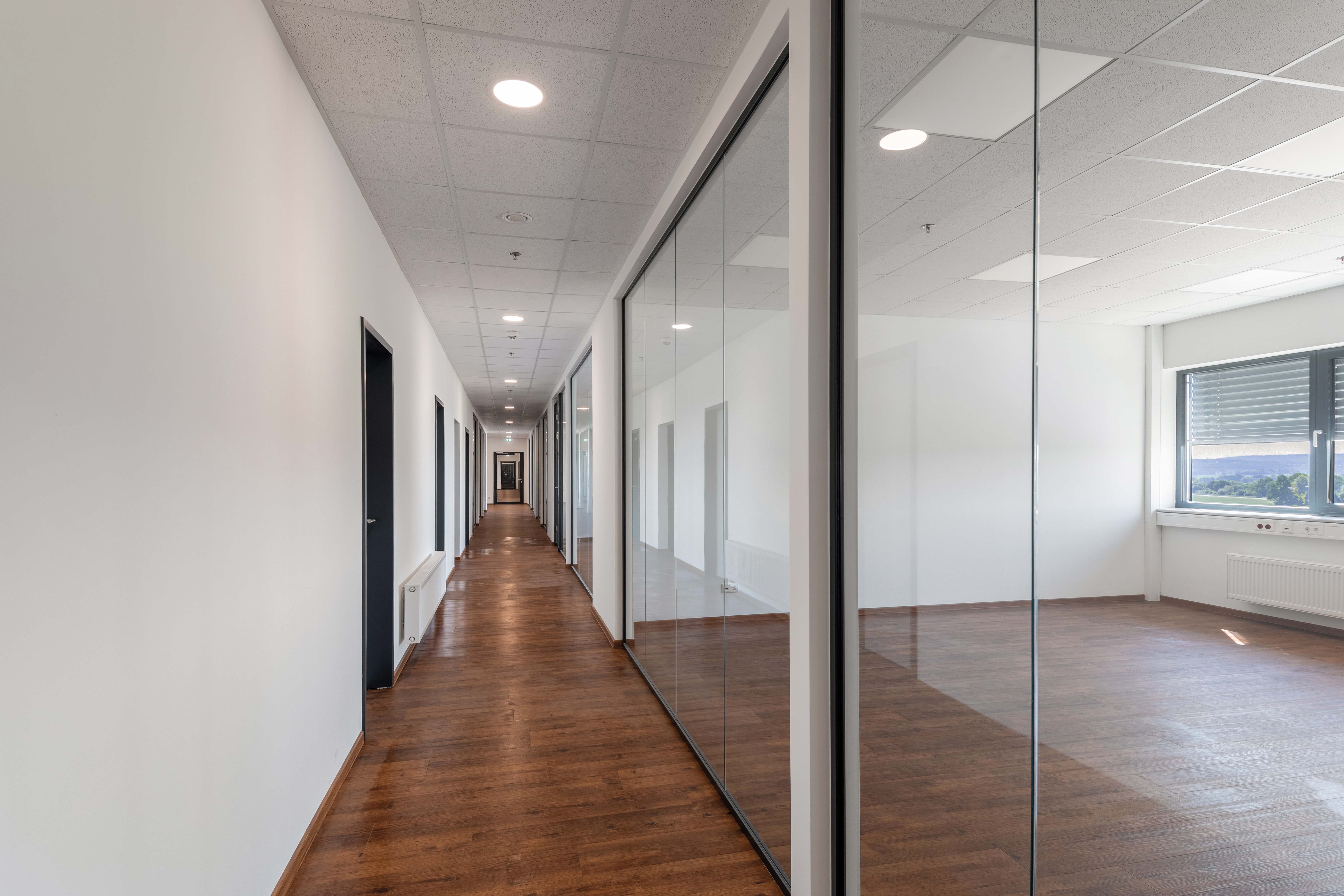
New offices at VGP Park Gießen-Lützellinden (Germany)
As an established organic food wholesaler, you supply small retailers as well as chain stores and catering companies. Which innovations and technologies are particularly important for you to be able to offer your customers the best possible service?
State-of-the-art technologies, especially in automation, are essential for us to meet the demands of a highly efficient logistics company. Our new site therefore comprises, among other things, two so-called AutoStore facilities in which certain groups of goods are stored and picked fully automatically within a relatively small space and moved by means of high-speed robots. For dry products, we maintain a warehouse with 25,000 containers. The second AutoStore system is smaller and used for dairy products that need to be refrigerated, which is quite unique in Germany. This system enables us to store the items in a smaller area, leading to significant energy savings in cooling. It is also for these reasons that innovative storage technologies are extremely important to us.

BiUno’s move took place in the context of the COVID-19 pandemic. From your point of view, has the purchasing behaviour of your customers changed and, if so, to what extent?
The impact on our business was indeed far-reaching. Among other things, the changed purchasing behaviour of end customers was noticeable, which our customers indirectly passed on to us. While demand in specialised trade and delivery service grew strongly, the catering sector virtually collapsed. The reason for this was, of course, the closure of restaurants and the lack of events. We are curious to see how the situation will develop as the pandemic gradually eases. At the moment, we expect demand in the specialised trade and delivery service sector to decline, but to settle at a much higher level than before the pandemic. The use of food delivery services has now become socially acceptable, including for older people and families.
In addition, the pandemic has once again confirmed to us the key importance of reliable local partnerships. End customers have not only increasingly used delivery service offers and purchased products for private use, but also demanded more local, sustainably produced goods. Some producers, for instance in the dry goods sector, were able to adjust relatively quickly to the increased demand, while others reached their limits. For us, the good relationships with our regional suppliers were therefore very important, because we were lucky enough to be supplied despite the product shortage thanks to our longstanding, trusting co-operation.
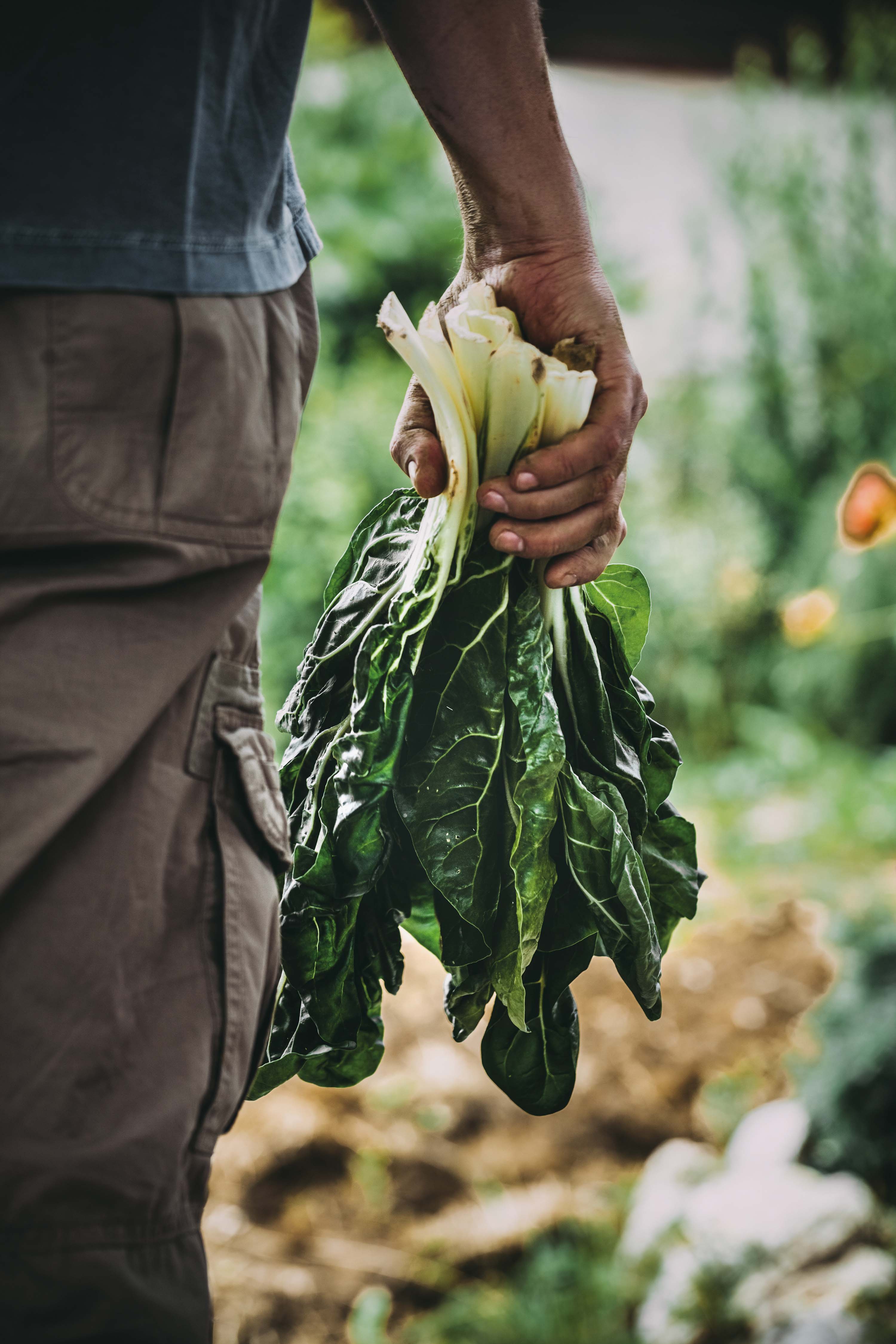
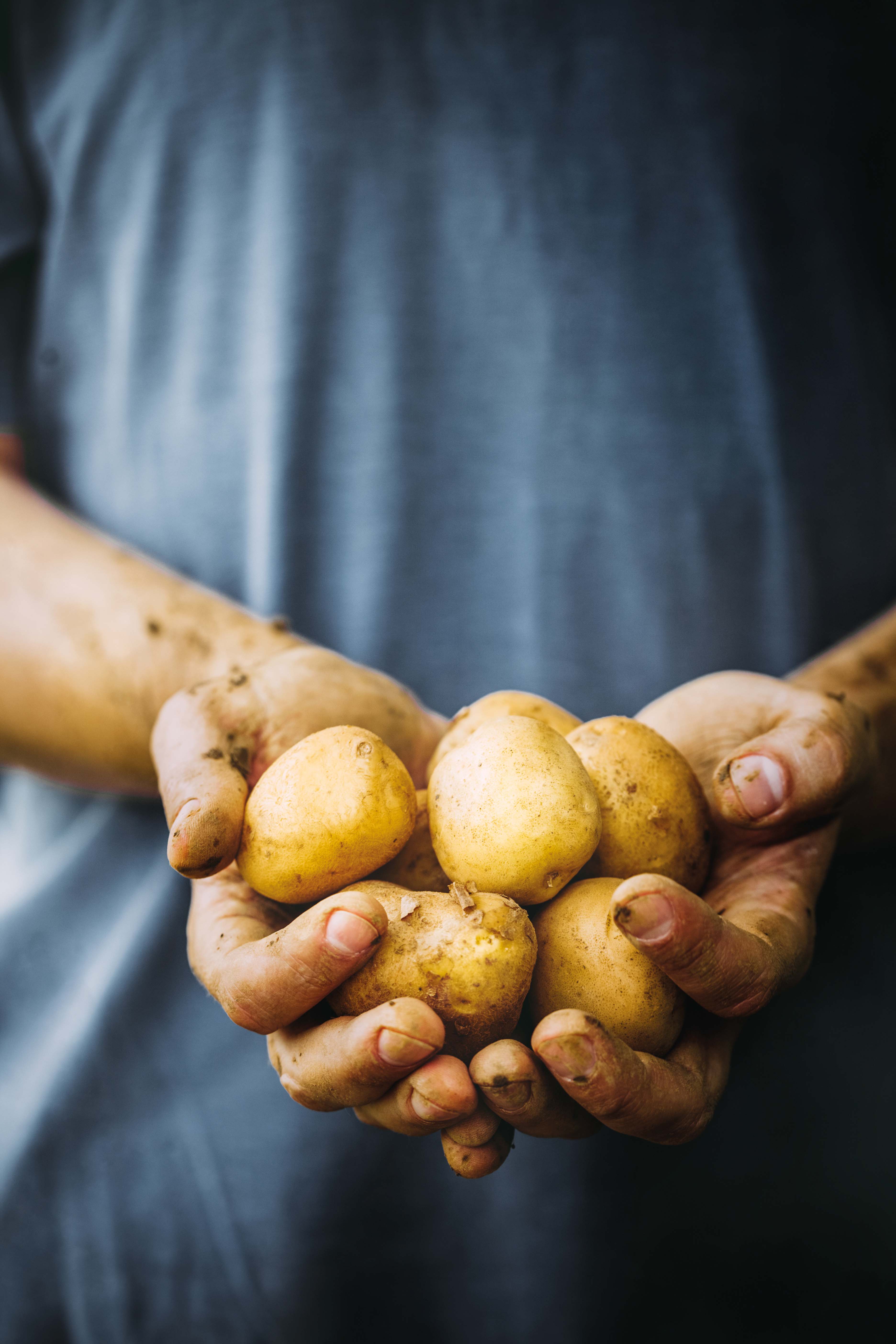
In addition, the pandemic has once again confirmed to us the key importance of reliable local partnerships. End customers have not only increasingly used delivery service offers and purchased products for private use, but also demanded more local, sustainably produced goods
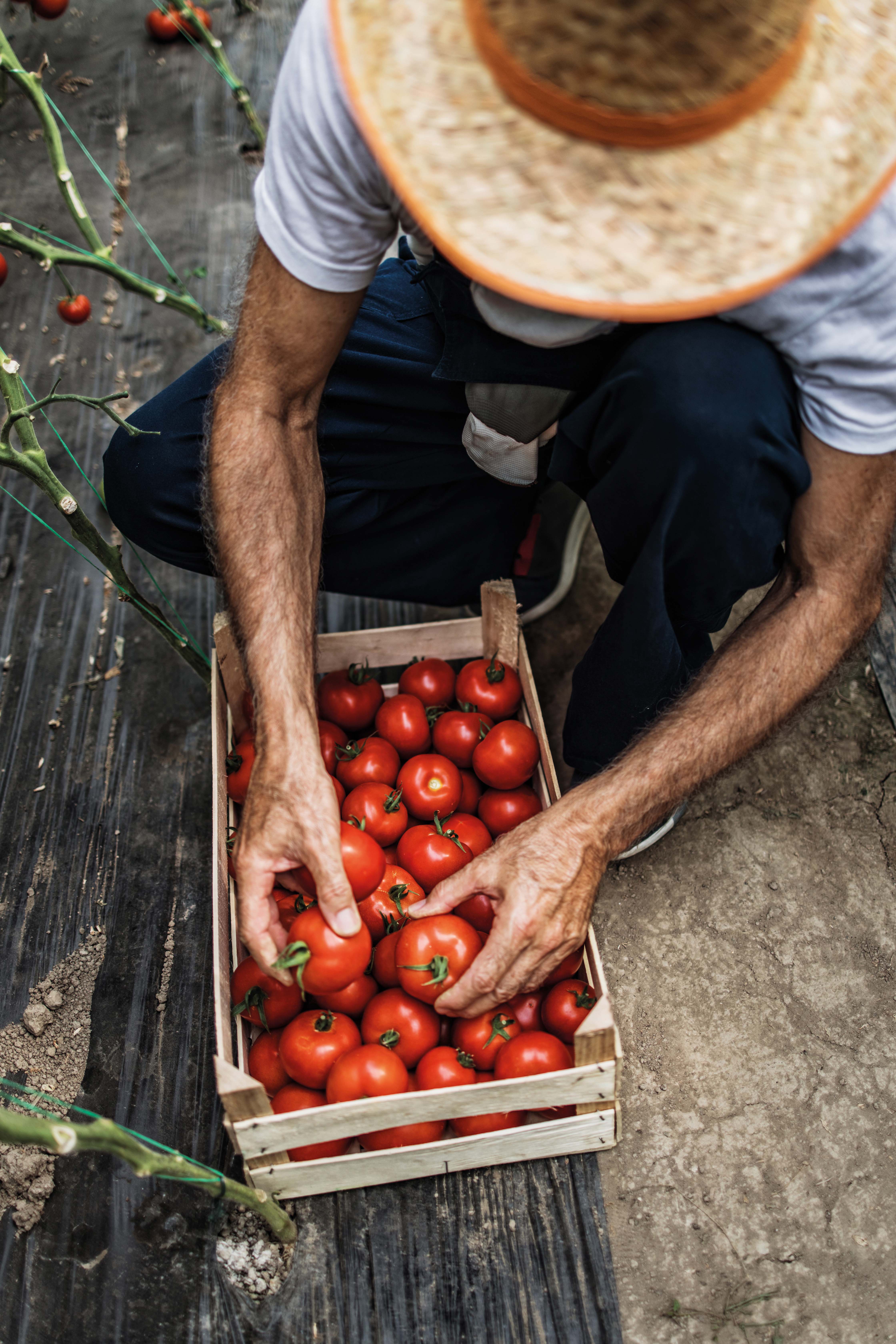
The topic of sustainability has received a further boost in many industries in the wake of the pandemic – has this also had an impact on your company?
The quality of products and sustainability aspects certainly took high priority even before the pandemic, but they have become even more important ever since. We are currently seeing a change in purchasing behaviour towards organic products. Consumers increasingly appreciate the special taste of an organic product from a regional supplier and know what a good product looks like. In our perception, this awareness of quality and sustainability among certain customer groups has increased amid the pandemic. The same applies to consumers’ willingness to pay a higher price for good quality. Ultimately, this corresponds exactly to the credo of Bio Development AG, which BiUno stands for: That every link in the value chain should receive a fair price for what it does. All actors within the agricultural value chain should be compensated for their performance in such a way that together they can produce the most natural, sustainable foods possible.